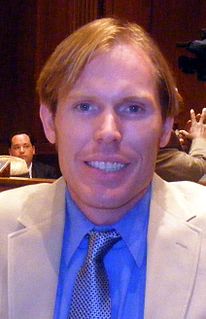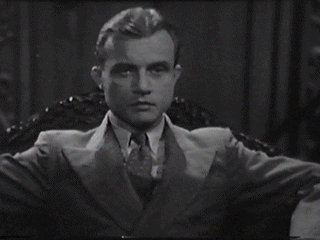A Quote by George Crabbe
The coward never on himself relies, But to an equal for assistance flies.
Related Quotes
Fireflies in the Garden By Robert Frost 1874–1963 Here come real stars to fill the upper skies, And here on earth come emulating flies, That though they never equal stars in size, (And they were never really stars at heart) Achieve at times a very star-like start. Only, of course, they can't sustain the part.
At man's core there is a voice that wants him never to give in to fear. But if it is true that in general man cannot give in to fear, at the very least he postpones indefinitely the moment when he will have to confront himself with the object of his fear... when he will no longer have the assistance of reason as guaranteed by God, or when he will no longer have the assistance of God such as reason guaranteed. It is necessary to recoil, but it is necessary to leap, and perhaps one only recoils in order to leap better.







































